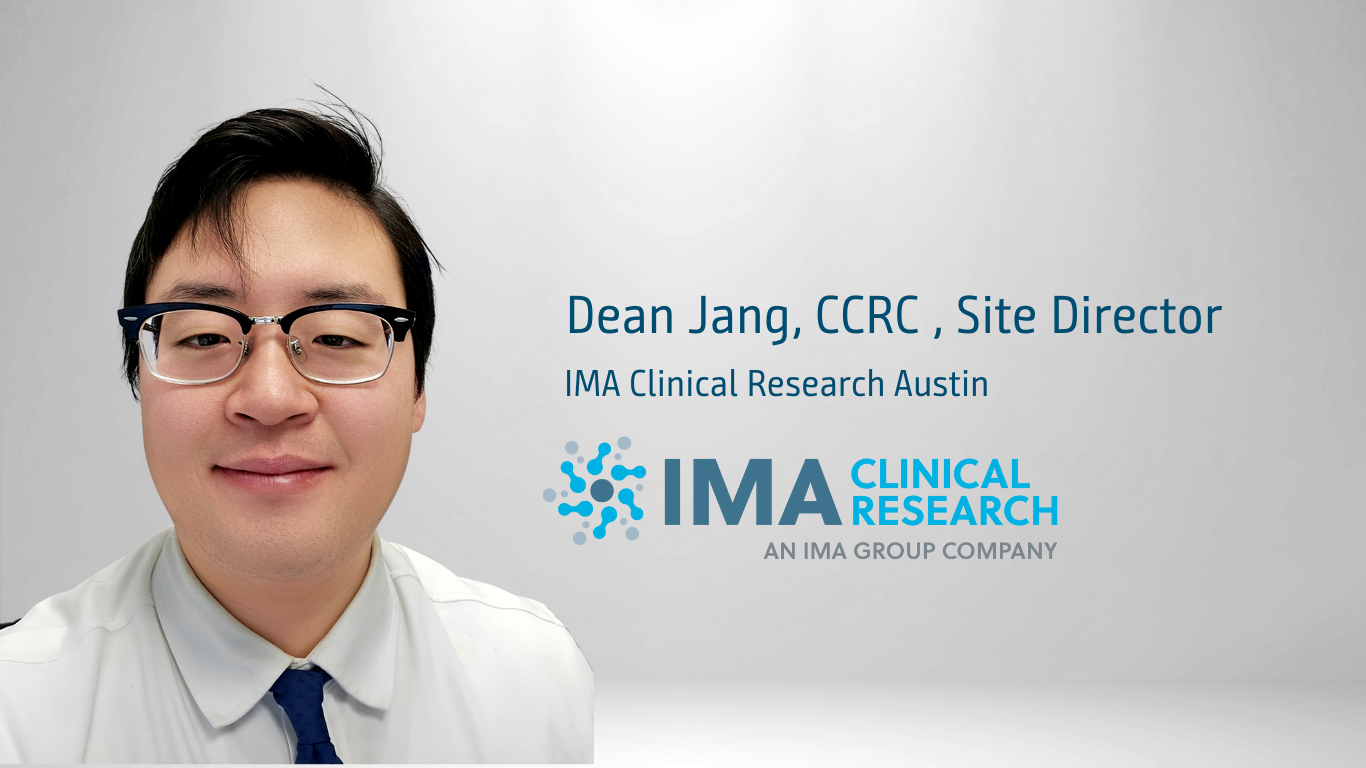What is Psychosis?
Do you ever hear anything strange, such as whispers or voices of loved ones, or even strangers? Ever see anything that others can’t, such as shadows, ghosts or other objects? You might be suffering from psychosis. Psychosis itself isn’t a specific illness, it is a symptom of other mental or physical illnesses that are caused by substance abuse, trauma or even stress.
Psychosis is a common symptom in psychotic disorders such as, schizophrenia, schizoaffective and even bipolar and depression. It usually develops in late teenage years or early adulthood, but can also affect younger children as well.
Symptoms of Psychosis
It is important to note that psychosis doesn’t appear out of nowhere. It follows a particular pattern that has been observed by doctors. There are several steps:
Signs before psychosis: These typically affect the way you think about others and the way you understand your surroundings, they include:
- Drop is grades or job performance.
- Trouble concentrating or thinking clearly.
- Lack of self-care of hygiene.
- Spending a lot of time alone.
- Overly emotional
- No emotions
Signs of early psychosis:
- Hear, see, taste or smell things others do not.
- Grasp unconventional beliefs.
- Separation from family and friends.
- Stop caring about hygiene or appearance.
- Unable to think clearly or pay attention.
Symptoms of psychosis:
Hallucinations:
- Auditory hallucinations: Hearing voices when no one is around.
- Tactile hallucinations: strange sensations or feelings.
- Visual hallucinations: Seeing things others can’t or seeing distorted shapes.
Delusions: Beliefs or feelings that don’t make sense to others.
- Outside forces are in control of you or your emotions
- Small events have an enormous effect on you
- You have special powers, or on a special mission from divine or evil purposes.
What causes psychosis?
The actual cause of psychosis is unknown, but there are several known risk factors, they include:
- Genetics
- Drug and alcohol abuse, as well as some prescribed medications
- Trauma: Death of a loved one, sexual or mental abuse.
- Injuries and illness: Traumatic brain injuries, tumors, strokes and other various mental illness (Schizophrenia, bipolar, depression)
Treatment
It is important to treated treat as early as possible, after the first episode or signs of any psychosis. Your doctor will recommend a list of therapies and treatment to limit psychosis in an attempt for it to not disrupt your life.
This treatment can include:
- Antipsychotic drugs
- Cognitive behavioral therapy (CBT)
- Supportive psychotherapy
- Cognitive enhancement therapy (CET)
- Family psychoeducation and support
- Coordinated specialty care (CSC)




